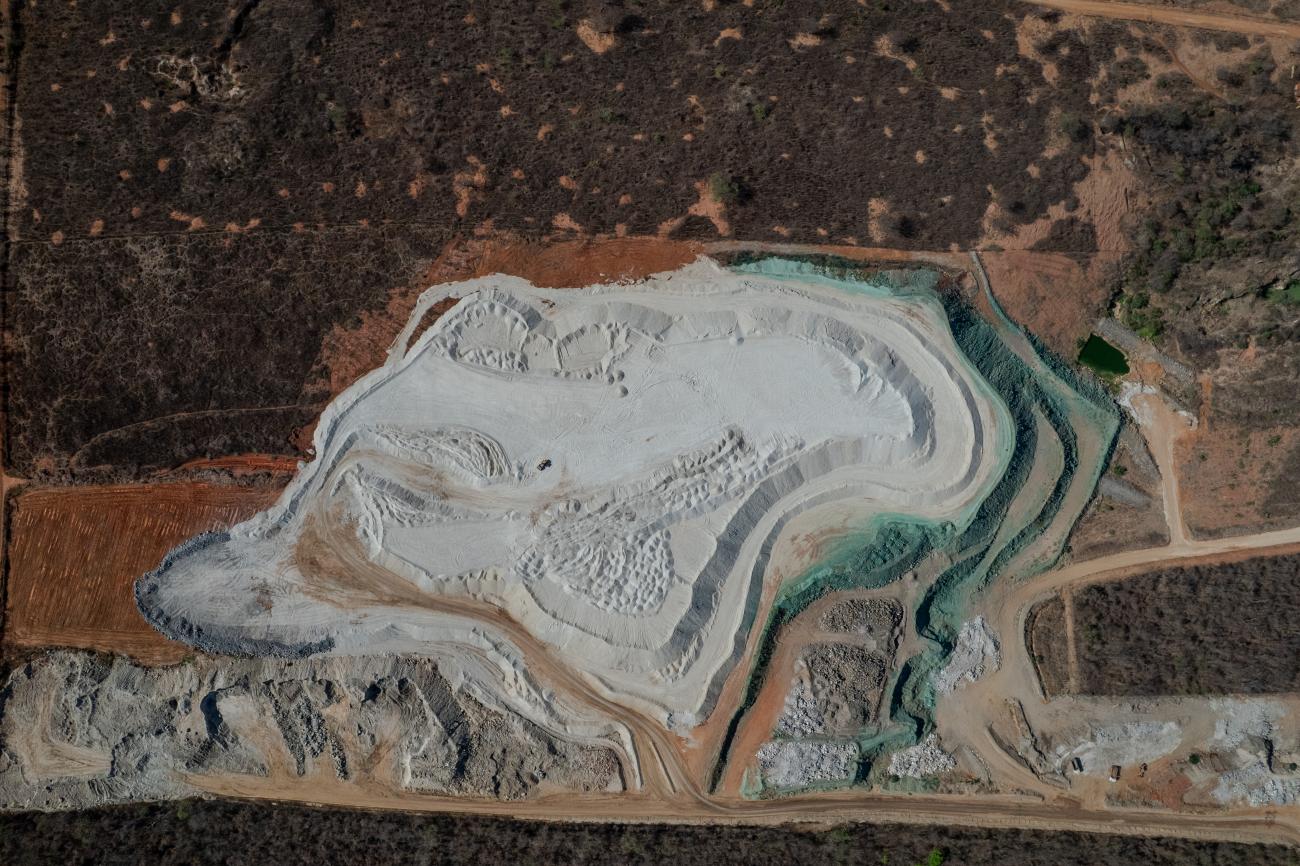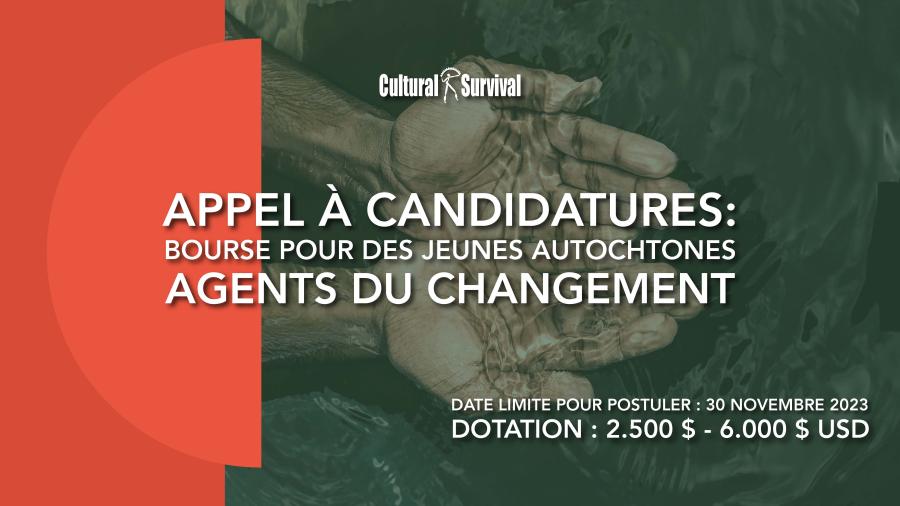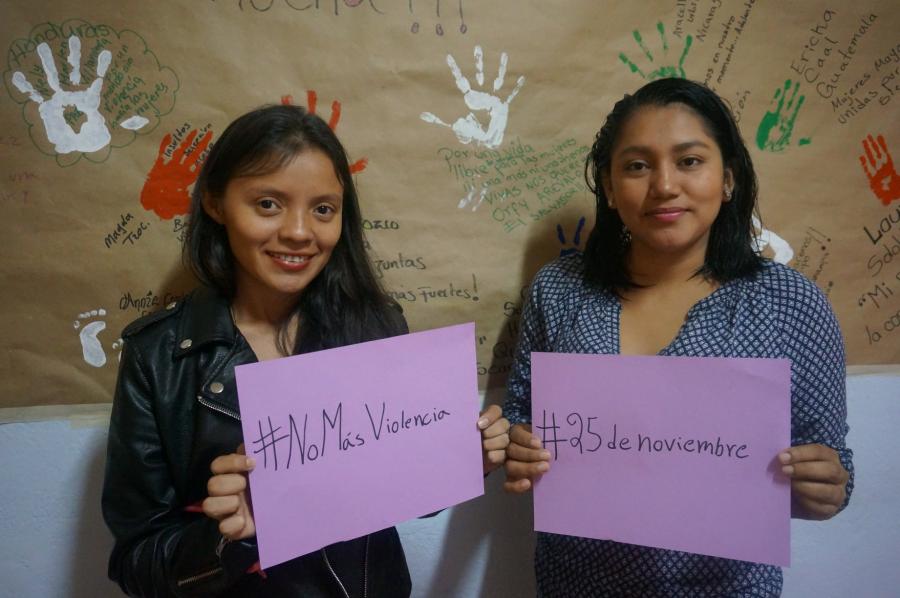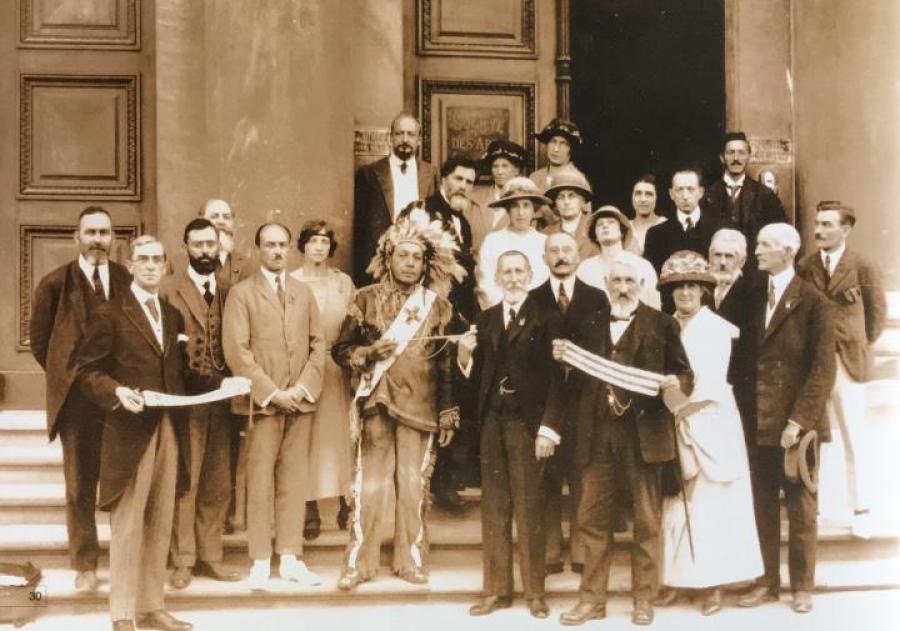
On May 9, 2025, the United Kingdom-based Business & Human Rights Resource Centre released its 2025 Transition Minerals Tracker. Updated annually, the Transition Minerals Tracker monitors human rights risks linked to major mining operations for key minerals used in renewable energy, electrification, and battery technologies. This year, iron has been added to the list of minerals tracked, which already includes cobalt, copper, lithium, bauxite, manganese, nickel, and zinc. The global report covers allegations of abuse from 2010 to 2024, with a focused snapshot of those reported in 2024. Last year alone, there were 156 allegations of human rights abuses and 12 attacks on human rights defenders.
Indigenous communities continue to be disproportionately impacted by mining for transition minerals, as 54% of deposits are located on or near Indigenous Peoples’ lands and territories. With 18 new cases of reported impacts on Indigenous Peoples and 77 across all years, the Tracker shows that Indigenous Peoples are negatively affected by an unchecked acceleration in mining for transition minerals. This is particularly concerning given the recent setback on recognizing their right to Free, Prior and Informed Consent in the new proposed global standards for the mining industry.
"The world must do better at truly listening to Indigenous voices: the Earth is not just a storehouse of resources—it is life itself, asking us to restore balance. Rushing to extract more minerals without reducing consumption or showing true respect for our rights is not only reckless – it is unjust and unfair," states Edson Krenak Naknanuk (Krenak), Cultural Survival Lead on Brazil and Securing Indigenous Peoples’ Rights in the Green Economy (SIRGE) Coalition Executive Committee Member, in the Forward of the report.
Some key highlights from the report include:
- Ecosystems continue to be disrupted and harmed – sometimes irremediably. 408 allegations across all years related to at least one environmental impact. This amounts to one in two allegations, concerning 234 (or close to one in three allegations in the Tracker) related to water pollution and/or access to water, putting water-scarce areas under significant stress.
- Mining exacerbates gender-based inequalities. With 27 cases affecting women across all years, as their health and livelihoods are affected, they are also more susceptible to being attacked when they act as defenders.
- 60% of allegations and attacks are associated with 20 companies across all years. In 2024, the top five companies were Georgian American Alloys (10), China Minmetals (7), Codelco (6), Grupo México (6), and Sinomine Resource Group (6)
- Of the 139 companies with at least one allegation recorded in the Tracker, less than half (44%) had a human rights policy in place at the time of publication.
- Corruption and governance-related issues remain a concerning feature and a driver of human rights harms in the sector, with 47 allegations across all years.
- Some 835 allegations of human rights abuses have now been linked to the mineral extraction of these minerals since 2010. Concerningly, one in four allegations was a report of abuse against workers, and nearly 60% of all allegations related to impacts on local communities, including 77 linked to Indigenous Peoples' rights, including 48 cases of abuse of the right to Free, Prior Informed Consent.
- Labor rights abuses, including risks of severe hazards and occupational health issues, are a stark reality in the sector, with 225 allegations (27%) impacting workers. This included 65 work-related deaths (1 in 12 allegations), often linked to egregious working and safety conditions.
- Of all the mines associated with allegations of abuse, fewer than half have a human rights policy in place.
The current national security framing of mineral supply chains, increasingly used to justify accelerating permitting for new mining without due diligence and proper safeguards, pushing for the easing of requirements for environmental assessments, and ignoring internationally recognized responsible business conduct standards, is a cause for alarm.
The extraction of minerals for the energy transition needs to centre human rights, as the UNSG-led panel on Critical Energy Transition Minerals mandated in its seminal report in September 2024. Mining companies and their investors are critical in ensuring this happens. They must urgently ensure that their policies and practices demonstrate that they respect all human rights, including labor rights and Indigenous Peoples’ rights.
More mining is not the solution to the climate crisis. There is another way – and one that can contribute to the objectives of a truly just global energy transition. Krenak states, “There is another path forward. Indigenous Peoples’ visions and wisdom offer a powerful way to heal the climate and biodiversity crisis. But this can only happen through collective action and building a global sense of accountability: towards the Earth and towards all human rights. COP30 must be this pivotal moment where a global movement towards a truly just transition is initiated. This starts with an acknowledgement that there are places where no mining should happen. It continues with an interrogation of global demand for minerals to determine what is the ‘just’ amount. Finally – it must encompass full respect for the rights of Indigenous Peoples – to live and prosper on their ancestral lands, in a way that we self-determine.”
Download the full report here.
Monitor de Minerales de Transición
Photo by Rebeca Binda.



